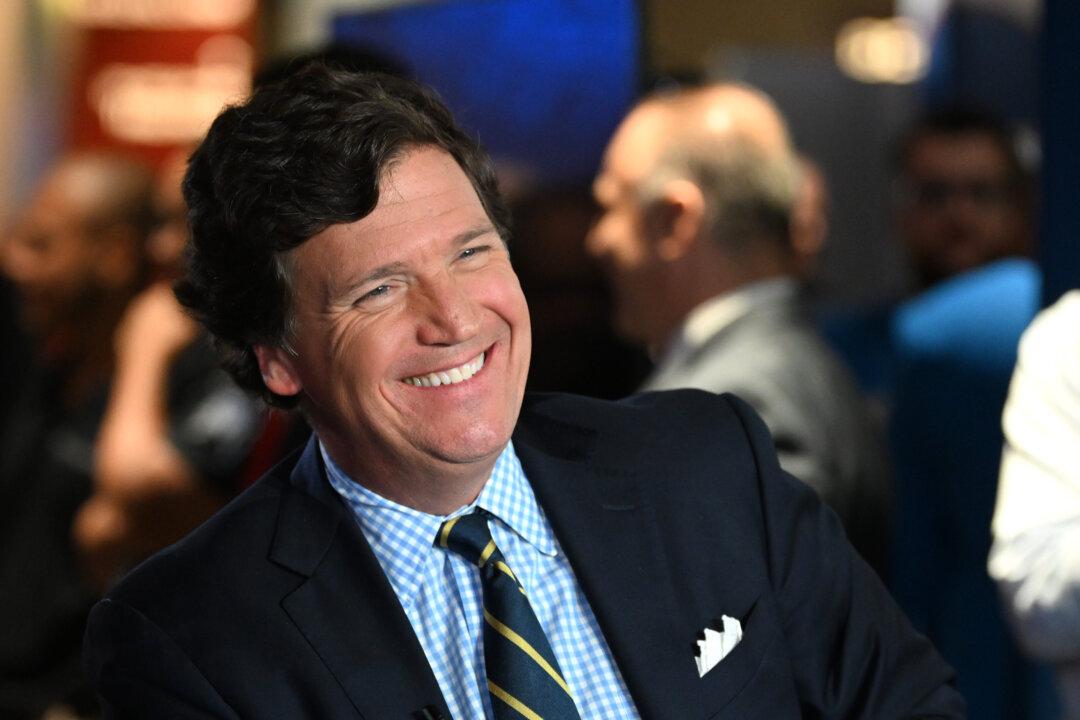Commentary
All reports over the past several days suggest that Fox executives massively miscalculated in their decision to fire Tucker Carlson. Yes, of course, he was just an employee and every business has the right to hire and fire at will.

All reports over the past several days suggest that Fox executives massively miscalculated in their decision to fire Tucker Carlson. Yes, of course, he was just an employee and every business has the right to hire and fire at will.